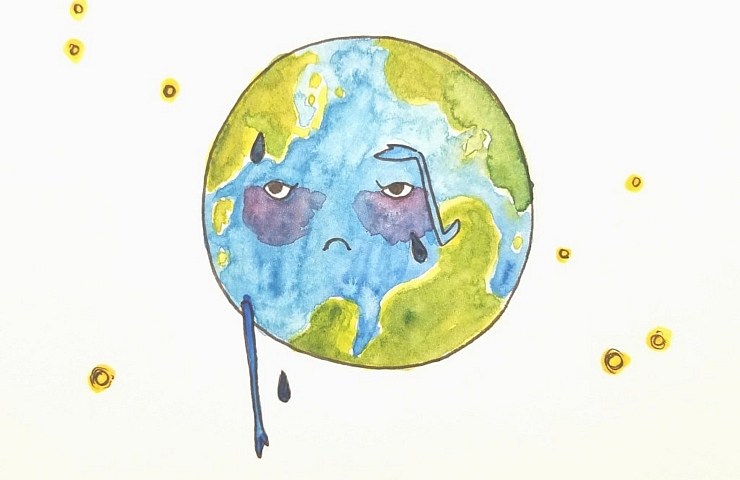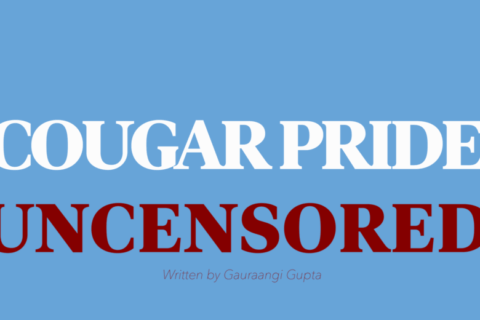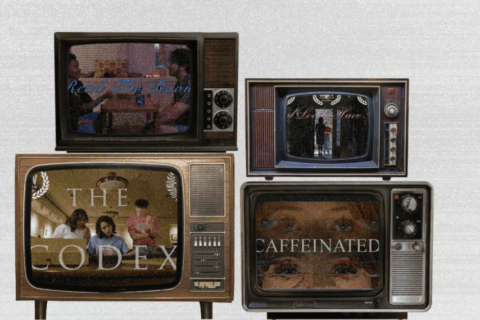It’s much easier to react to the effects of something than to address an ominous trend, and when it comes to climate change, we’re much more willing to clean up the mess than talk about why it’s happening.
This has been proven in recent months after the onslaught of multiple natural disasters worldwide and the reaction to those events. Social media, especially, have become invaluable to how we express our empathy and concern. Sharing an event and the damage it caused can raise awareness as well as funds, which is an extremely useful facet of the modern world. In the face of sweeping devastation, many are happy to mark themselves safe, donate and volunteer their time to help the victims. While this is a fantastic and humane response, there is a continual aversion to discussing why the things that are happening are happening and what it means for the future.
Climate change is a terrifying thing, and in our hesitation to accept it as canon, its presence has become difficult to ignore. The idea that disasters such as the recent hurricanes and earthquakes may become more frequent and threatening in scale is alarming, and it hardly fits into our ideal of what the future is going to look like. Our denial of climate change has been voiced by politicians, media outlets and even a fraction of scientists that refute any connection between rising carbon dioxide levels and human behavior. No matter who’s to blame, it still feels like there’s a need to convince others that climate change is actually happening. With that comes a refusal to address what we’re going to do about it, as well as what will happen if we do nothing.
Our attention is instead focused on covering the events, reacting to the tragedies that occur and moving on to the next shocking situation. Taking part in this cycle provides a false sense of action — a simulation of proactivity. It’s much safer to convince ourselves that we’re doing what we can than admit we don’t know what to do. The perpetual cycle of action and then reaction distracts from what should be the topic of discussion. How do we prevent further climate degradation? What are we going to do if things get hotter? What will the world look like a few years from now? Is there anything that can be done?
While as a student it can feel nearly impossible to change things, even looking in another direction can help. Action and solutions occur when the public expresses an interest, so to take a step back and demand revaluation can be powerful. The first step is to ask questions, and then ask them louder and louder until they’re addressed.





Recent Comments